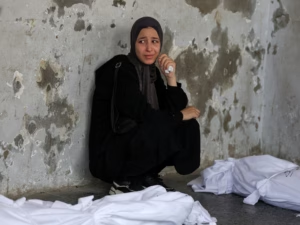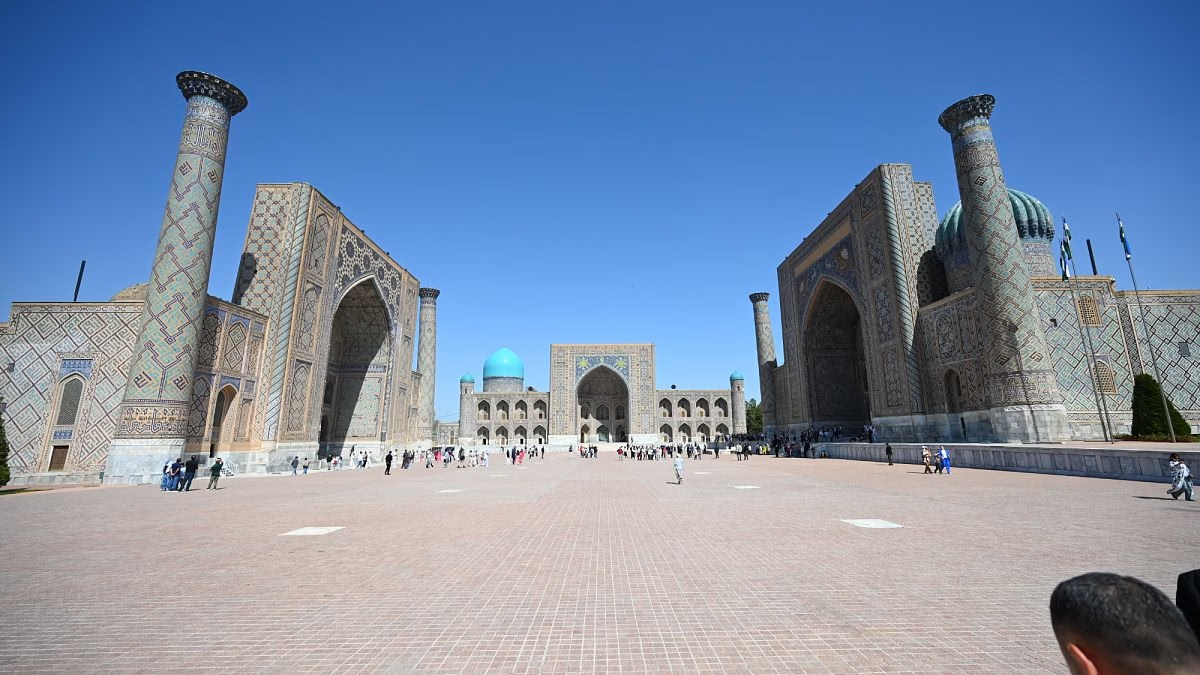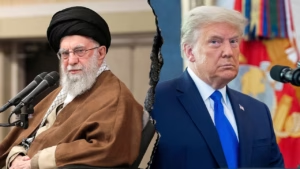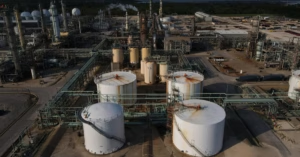Central Asia is facing a growing threat of desertification due to rising temperatures, decreasing water resources, and food scarcity, as discussed by delegates at the Samarkand Climate Forum. The forum served as a follow-up to the Central Asia-European Union Summit and aimed to promote cooperation between the EU and Central Asia in addressing these environmental challenges. Key participants included the presidents of five Central Asian countries and the EU Council and Commission Presidents.
The forum focused on implementing concrete projects to prevent Central Asia from becoming a desert. Topics covered included the connection between climate change, food security, and energy, as well as the need for increased investment in green transition and water management. Uzbekistan’s President Shavkat Mirziyoyev highlighted the urgent need to address land degradation and the importance of scientific collaboration with the EU.
The EU leaders reinforced their commitment to support Central Asia’s efforts to combat climate change and enhance its strategic partnership with the bloc. Efforts include supporting green development projects, energy security, and sustainable practices. Specific EU initiatives, such as the creation of a green belt in the Aral Sea basin and investments in clean energy projects, demonstrate the practical cooperation already underway.
While there is concern about the late response to these threats, the forum was optimistic about the collaboration and funding that can be mobilized to help the region adapt to climate change. The forum also recognized the symbolic significance of holding the event near the shrinking Aral Sea, a stark reminder of the environmental consequences of human activity.
Source: https://www.euronews.com/green/2025/04/05/experts-at-the-samarkand-climate-forum-warn-central-asia-is-getting-warmer-year-after-year







